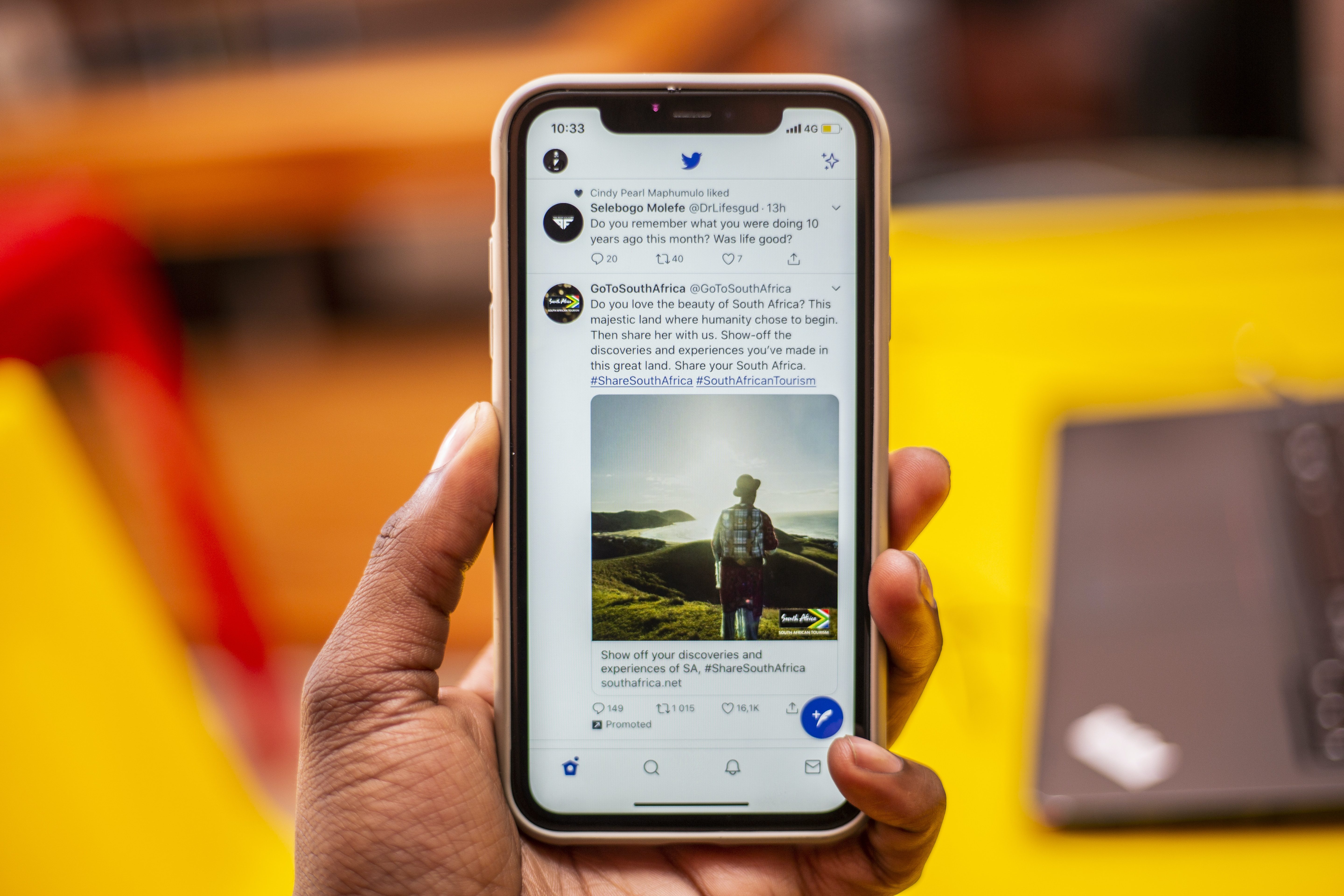In the first six weeks of 2024, Apple witnessed a significant 24% year-on-year decline in iPhone sales in China, according to research conducted by Counterpoint.
This dip has raised concerns over the tech giant’s market performance, particularly as it faces intensified competition from domestic contenders like Huawei.
Counterpoint’s findings reveal a contrasting scenario for Huawei, which saw a remarkable 64% surge in unit sales during the same period, solidifying its position as a formidable rival to Apple in the premium smartphone segment in China.
The implications of this decline in iPhone sales have been reflected in Apple’s revenue forecast for the current quarter, which falls a staggering $6 billion below Wall Street’s expectations.
Sharp decline
Apple’s market share in the Chinese smartphone arena has also experienced a notable setback, dropping to 15.7% and placing the company in fourth position.
This is a sharp decline from its second-place ranking a year ago when it commanded a 19% market share.
The repercussions of Apple’s slump were evident in the stock market, with shares of the company dipping nearly 3% on Tuesday. Year-to-date, Apple’s stocks have depreciated by approximately 10%, trailing behind its major tech counterparts in the United States.
Counterpoint’s analysis points to a broader trend in the Chinese smartphone market, which contracted by 7% overall.
Huawei, now occupying second place, expanded its market share to 16.5% from 9.4% a year earlier, signaling a resurgence for the brand.
Mengmeng Zhang, a senior analyst at Counterpoint, attributed Apple’s challenges to stiff competition from Huawei at the high end and aggressive pricing strategies from other domestic players like OPPO, Vivo, and Xiaomi.
In response to this competitive landscape, Apple initiated price subsidies for select iPhone models, offering discounts of up to 1,300 yuan ($180.68) through its flagship stores on Tmall, Alibaba’s major marketplace platform.
This move follows earlier discounts of up to 500 yuan offered on its official sites last month.
Huawei’s resurgence in the premium smartphone segment can be attributed to its Mate 60 series release in August, marking a turnaround after years of grappling with US restrictions on critical component exports.



 News3 days ago
News3 days ago


 News5 days ago
News5 days ago


 Leaders3 days ago
Leaders3 days ago


 Shows3 days ago
Shows3 days ago


 News3 days ago
News3 days ago


 Docos5 days ago
Docos5 days ago


 Leaders4 days ago
Leaders4 days ago


 Leaders4 days ago
Leaders4 days ago





